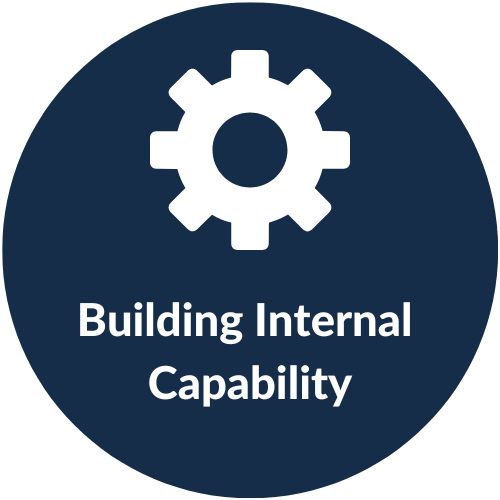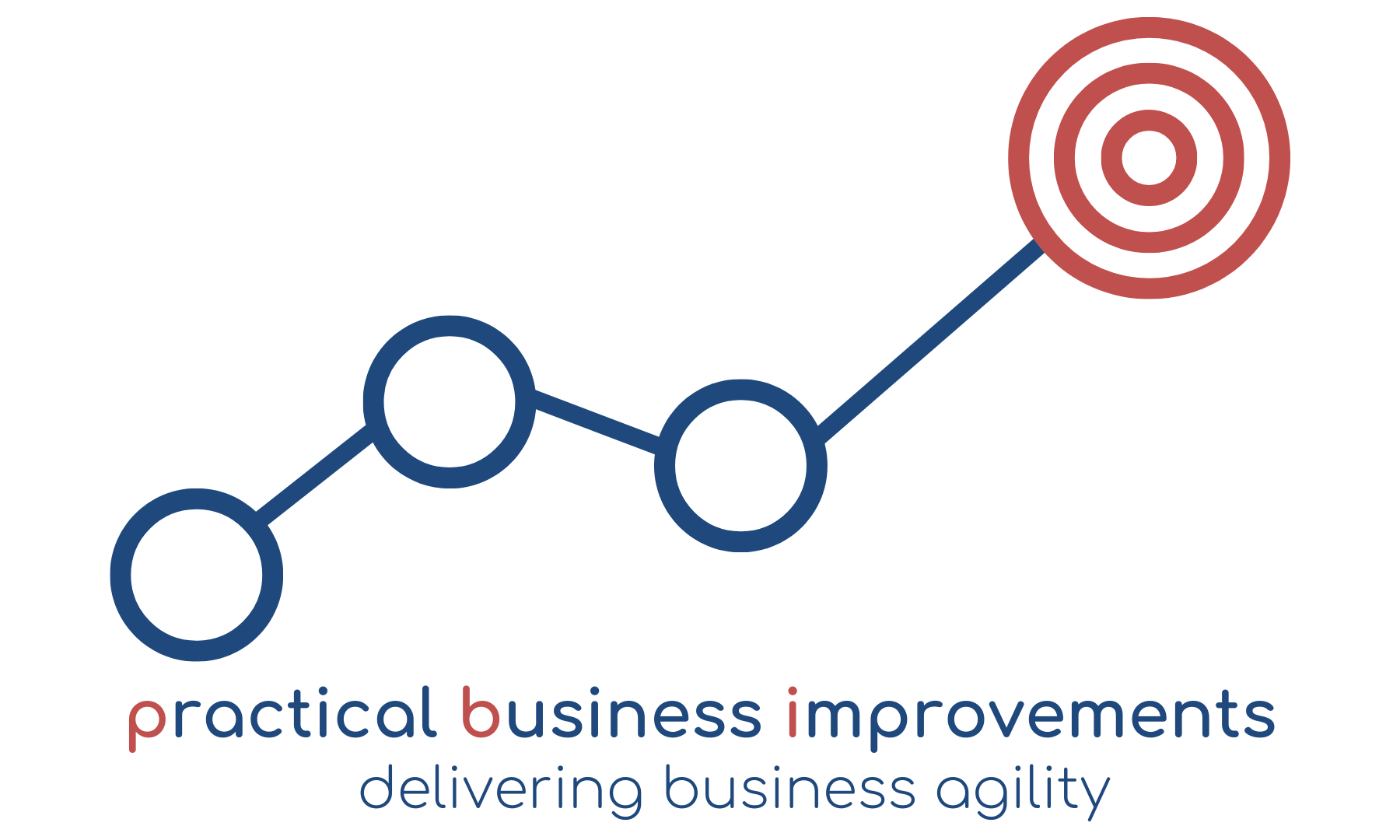Action Learning for SME Leaders

about this project
As part of the BEIS Peer Network Programme, PBI worked with 25 SME business owners in Newcastle and Manchester to build leadership capability and tackle real-world business challenges. The project centred on Action Learning and Active Listening, equipping participants with the skills and frameworks to address pressing issues in their businesses while developing stronger peer networks.
The programme was delivered through a mix of group-based Action Learning Sets and 1-to-1 coaching, creating an environment where leaders could reflect, share, and challenge each other constructively.
Key Project Summary "At a glance"
Project Scope
- Engage 25 SME leaders across Newcastle and Manchester
- Deliver Action Learning Sets alongside tailored 1-to-1 coaching
- Focus on solving live business challenges through peer-to-peer support
Improvement Strategy
- Introduce structured Action Learning methodology
- Embed open-ended questioning, Active Listening, and the GROW model
- Encourage peer-to-peer collaboration and create sustainable SME networks
Benefits Delivered
- 25 SME leaders trained in Action Learning and equipped with Lean/Agile tools
- Introduction of VSM, Kaizen, Kanban, RCA, Brainstorming, and 5 Whys to support problem-solving
- Increased leadership confidence and self-belief in addressing challenges
- Peer networks established in Newcastle and Manchester that continue beyond the programme
- Shift from advice-giving to questioning, improving the quality of discussions and solutions
People Involved
- Startup Founders: 25 SME business owners and leaders
- PBI Coaches: PBI coaches, trained in Action Learning and Agile/Lean methods
- We Make Change Team: Delivered under the BEIS Peer Network framework
Focus Area
Leadership capability building through Action Learning, helping SME leaders develop problem-solving skills, improve listening and questioning techniques, and build collaborative networks to sustain growth and resilience.
Process Taken
- Programme Design: 6 x 3-hour virtual Action Learning sessions were scheduled, supported by 1-to-1 coaching.
- Ground Rules & Environment: Facilitators established a safe and respectful space for discussion, ensuring equal participation and timekeeping.
- Action Learning Sets:
- Participants brought live business challenges.
- Cohorts explored issues through open questions rather than advice.
- Facilitators introduced the GROW model to structure reflection and solutions.
4. Tools & Methods: Practical Lean and Agile tools such as VSM, Kaizen, Kanban, and Root Cause Analysis were introduced to strengthen problem-solving.
5. Commitment to Action: Issue holders committed to specific actions to implement before the next session.
6. Peer Network Development: Ongoing peer-to-peer support networks were formed in both Newcastle and Manchester, continuing beyond the facilitated programme.

